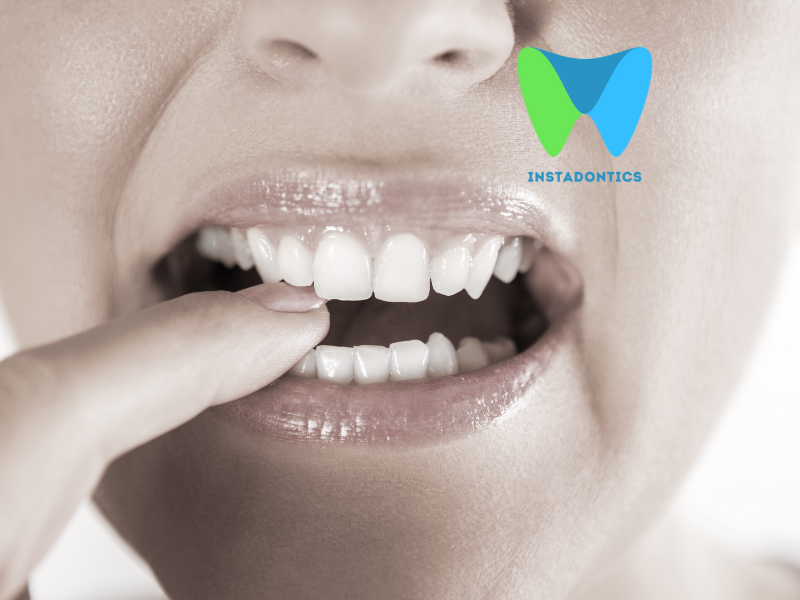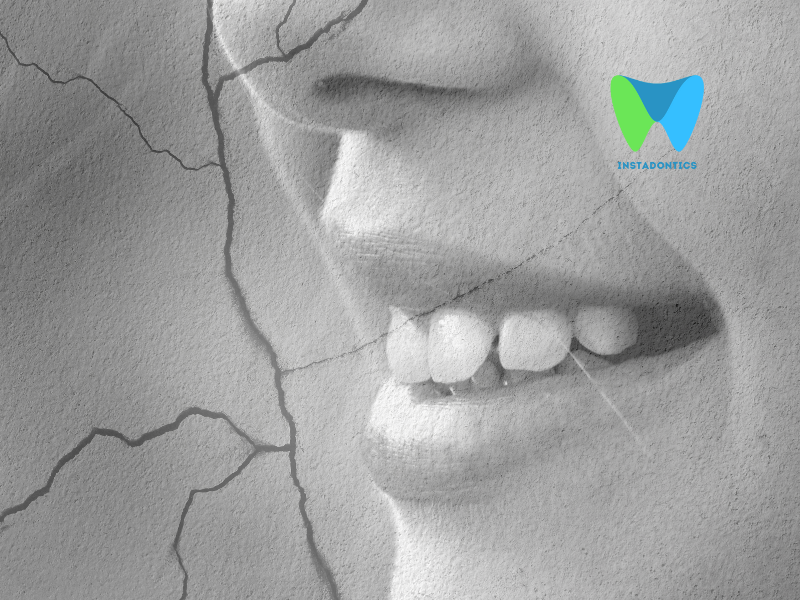How to Relieve Tooth Pain from Sinus Pressure | Tooth pain can be debilitating, and when it stems from sinus pressure, it can be particularly perplexing. The connection between sinus issues and dental discomfort is often overlooked, yet understanding this relationship is crucial for effective relief. This blog post explores the causes of tooth pain related to sinus pressure, the mechanisms behind this phenomenon, and various methods to alleviate the discomfort.
Sinus Pressure and Tooth Pain | The Connection
The sinuses are air-filled cavities located in the skull, and they play a vital role in respiratory health. When the sinuses become inflamed or congested due to conditions such as sinusitis, allergies, or a cold, they can exert pressure on nearby structures, including the teeth. This pressure can lead to discomfort that mimics tooth pain, particularly in the upper teeth, which are situated close to the sinus cavities.
How to Relieve Tooth Pain from Sinus Pressure
Anatomy of the Sinuses and Teeth
To fully comprehend why sinus pressure can cause tooth pain, it’s essential to understand the anatomy involved. The maxillary sinuses, located just above the upper molars, are particularly relevant. When these sinuses become inflamed, the resulting pressure can irritate the roots of the upper teeth, leading to sensations of pain or discomfort. This phenomenon is often referred to as referred pain, where the source of the pain is not located in the area where the discomfort is felt.
Symptoms of Sinus-Related Tooth Pain
Tooth pain caused by sinus pressure can present in various ways. Common symptoms include:
- Dull, throbbing pain in the upper teeth, particularly the molars and premolars.
- Sensitivity to pressure when biting or chewing, as the inflamed sinuses exert pressure on the dental roots.
- Accompanied symptoms such as nasal congestion, facial pressure, or a runny nose, which can help distinguish sinus-related pain from dental issues.
Recognizing these symptoms is crucial for determining the appropriate course of action for relief.
Effective Methods for Relieving Tooth Pain from Sinus Pressure
When dealing with tooth pain caused by sinus pressure, the goal is to alleviate the underlying sinus issue while also addressing the discomfort in the teeth. Here are several effective methods to consider:
1. Stay Hydrated
Hydration is essential for maintaining healthy mucus membranes and promoting sinus drainage. Drinking plenty of fluids, such as water, herbal teas, or broths, can thin mucus secretions, making it easier for the sinuses to drain and reducing pressure. Staying hydrated can also help alleviate dry mouth, which can exacerbate tooth sensitivity.
2. Use Warm Compresses
Applying a warm compress to the face can provide immediate relief from sinus pressure and tooth pain. The warmth helps to increase blood circulation in the area, promoting drainage of the sinuses and reducing inflammation. Simply soak a clean cloth in warm water, wring it out, and place it against the affected cheek for 10-15 minutes.
3. Try Saline Nasal Irrigation
Saline nasal irrigation is an effective method for clearing out nasal passages and relieving sinus pressure. Using a neti pot or saline spray, gently rinse the nasal passages with a saline solution. This can help reduce congestion and promote sinus drainage, alleviating pressure on the upper teeth. Be sure to use distilled or sterile water for safety.
4. Over-the-Counter Decongestants
Over-the-counter decongestants can help reduce sinus swelling and promote drainage. Medications containing pseudoephedrine or phenylephrine can be effective in relieving nasal congestion. However, it is essential to follow the recommended dosage and consult with a healthcare professional if you have any underlying health conditions or are taking other medications.
5. Use Pain Relievers
Nonsteroidal anti-inflammatory drugs (NSAIDs), such as ibuprofen or naproxen, can help relieve tooth pain associated with sinus pressure. These medications reduce inflammation and alleviate pain, providing temporary relief. Always follow the recommended dosage and consult with a healthcare provider if you have any concerns.
6. Inhale Steam
Inhaling steam can help moisten the sinuses and promote drainage, alleviating pressure and discomfort. You can achieve this by taking a hot shower or filling a bowl with hot water, covering your head with a towel, and inhaling the steam for several minutes. Adding essential oils, such as eucalyptus or peppermint, can enhance the soothing effects.
7. Elevate Your Head While Sleeping
When sinus pressure is particularly bothersome, elevating your head while sleeping can help reduce congestion and promote drainage. Using an extra pillow or a wedge pillow can help keep your head elevated, allowing gravity to assist in alleviating pressure on the sinuses and teeth.
8. Avoid Irritants
Avoiding irritants such as smoke, strong odors, and allergens can help reduce sinus inflammation and pressure. If you are prone to allergies, consider using an air purifier in your home to filter out allergens and improve air quality. Additionally, practicing good hygiene, such as washing hands frequently and avoiding close contact with sick individuals, can help prevent respiratory infections that lead to sinus issues.
9. Consult a Healthcare Professional
If tooth pain persists despite these home remedies, it is essential to consult a healthcare professional. A dentist can evaluate your dental health to rule out any underlying issues, such as tooth decay or infection, while an ear, nose, and throat (ENT) specialist can assess your sinus health. They may recommend further treatments, such as prescription medications or allergy testing, to address the underlying cause of your sinus pressure and tooth pain.
Related: Toothache and Sinus Infection: Understanding the Connection and Relief Options
When to Seek Professional Help
While many cases of tooth pain related to sinus pressure can be managed with home remedies, there are instances when professional help is necessary. If you experience any of the following symptoms, it is crucial to seek medical attention:
- Severe or worsening pain that does not improve with over-the-counter pain relievers.
- Fever or persistent facial swelling, which may indicate a sinus infection requiring medical intervention.
- Nasal discharge that is thick, green, or yellow, suggesting a bacterial infection.
- Persistent tooth pain that does not correlate with sinus symptoms, as this may indicate a dental issue that requires treatment.
Tooth pain stemming from sinus pressure can be a frustrating and uncomfortable experience. Understanding the connection between sinus health and dental discomfort is vital for effective management. By utilizing various home remedies, such as staying hydrated, using warm compresses, and practicing good nasal hygiene, individuals can alleviate discomfort and promote sinus drainage.
However, it is essential to remain vigilant and consult healthcare professionals if symptoms persist or worsen. By addressing both sinus and dental health, individuals can find relief from tooth pain and improve their overall well-being. With the right approach, it is possible to navigate the challenges posed by sinus pressure and enjoy a pain-free smile.



